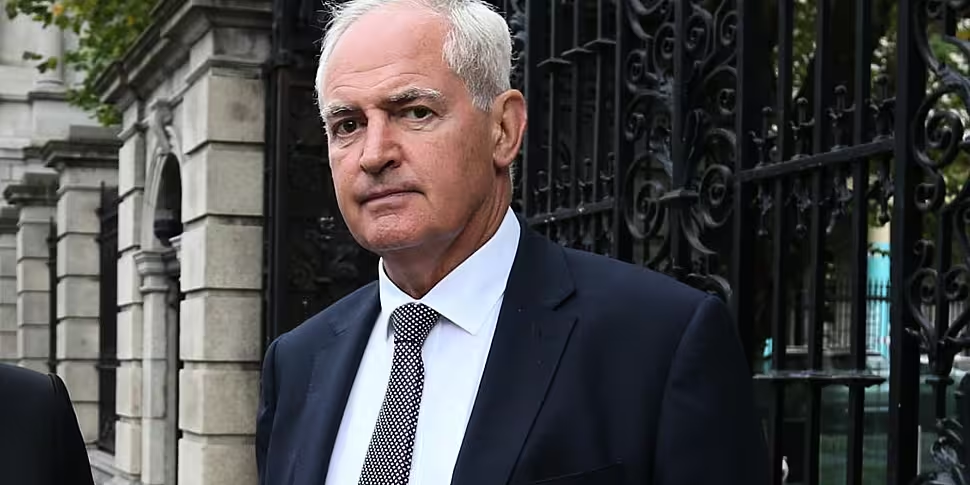A consultant obstetrician says the Health Service Executive (HSE) should reverse a 'confusing' decision to replace the word 'woman' with 'anyone with a cervix' on its national cervical screening advice.
The wording is seen as being inclusive for members of the transgender community.
However Dr Peter Boylan, who is also former chair of the Institute of Obstetricians and Gynecologists, told Newstalk Breakfast the new wording is not clear for the general population.
"I just want to make sure that people understand that I'm fully supportive of the trans community, and I'm indeed one of the few gynecologists in Ireland who has performed gender reassignment surgery.
"So I fully understand the context of all of this.
"The important thing to understand is that a female transitioning to a male always has a cervix, unless they've had a hysterectomy.
"Similarly a male transitioning to a female always has a prostate, unless they've had a prostatectomy which is not part of gender reassignment surgery for male to female.
"And it's in connection with screening for cancer that it's important to understand what context of the whole wording is.
"And I fully support the National Women's Council of Ireland in their statement, where they said that basically they should replace the word 'person' with 'woman' in this particular context."
He said use of the word 'person' is "confusing": "There are a lot of people for example who might not understand what a cervix is, but they do understand what a woman is.
"And they do understand, for example, that if I have been a woman but have transed into a male, I still have cervix unless I've had a hysterectomy with removal of the cervix.
"So it's to avoid confusion in the general population and for the non-trans, who obviously would make up the vast majority of the population."
Asked by Ciara Kelly if the wording should read 'women and trans men', Dr Boylan replied: "No - I think it's simpler just to keep it with 'woman'.
"I've never met a man who has a cervix, but I have met people who have been trans from female to male and I've met them basically in the context mainly of performing a hysterectomy".
Asked if some members of the trans community may feel excluded, he said: "I think that some certainly will, but it's virtually impossible to keep everybody happy.
"But the important thing, as I say, to try and maximise the screening for the prevention of cancer - and in that context the use of the word 'woman' is the most appropriate".









